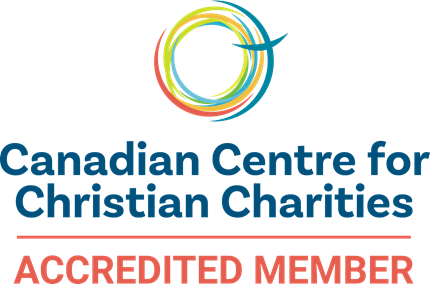By Stuart Swartzentruber
 Recently I was listening to a podcast where pastor and writer, Albert Tate, was being interviewed. In the interview he talked about the need for churches to be places where different cultures and backgrounds are celebrated and individualism is kept in check. Tate said, “If you come from a completely different culture, how am I gonna love you well if I completely ignore your culture…What does it mean for me to be invited to carry your burden and share your burden and not be your burden.”
Recently I was listening to a podcast where pastor and writer, Albert Tate, was being interviewed. In the interview he talked about the need for churches to be places where different cultures and backgrounds are celebrated and individualism is kept in check. Tate said, “If you come from a completely different culture, how am I gonna love you well if I completely ignore your culture…What does it mean for me to be invited to carry your burden and share your burden and not be your burden.”
I believe that as followers of Jesus, and members of his global family called “the church,” we are called to use “we” far more than “I.” Occasionally I read from an online version of the Bible called the Y’all Version. (www.yallversion.com) This version has helped me see that when the Bible says “you,” many times it means plural you and isn’t talking to me as an individual. It has changed the way I read and understand different passages.
For example, 1 Corinthians 3:16-17 in the Y’all Version states, “Do y’all not know that y’all are the temple of God and that the Spirit of God dwells in y’all? If any man destroys the temple of God, God will destroy him, for the temple of God is holy, and that is what y’all are.” Reading the verse in this way has corrected my interpretation from primarily taking care of my individual, physical body to highly valuing and protecting the unity of the church.
One of the values that drives us at LHNM, and is included in our handbook, is the belief that “the most effective means of serving is to become a part of another person’s world.” Because of this value, we stress an approach that puts us in positions of being learners.
This happens for some of us in Indigenous communities as we live and work in local schools and churches, and become part of the life of the community.
For others, this happens in urban centres as we experience city and church life together. We learn to carry and share burdens together with others and as we do, we are shaped and molded by God.
Learning to humble ourselves and care about the experiences of another culture or another person’s life is required in the church that God envisions. Loving someone else requires close proximity.
Learning from another person’s world and worldview has opened up my eyes to the ways I haven’t always loved properly. It has been a painful journey for me to realize that my behavior and attitudes have at times created a burden that Christ-followers from other cultures have needed to carry. It is a journey I believe every follower of Jesus is called to walk.
I am very grateful for each of the staff pictured in this edition of Hopelines. Each one, in different ways, is intentionally stretching themselves by entering the world of others. I hope you are encouraged to look for more ways to expand your capacity to love by engaging another culture. I know I am richer because of it.
